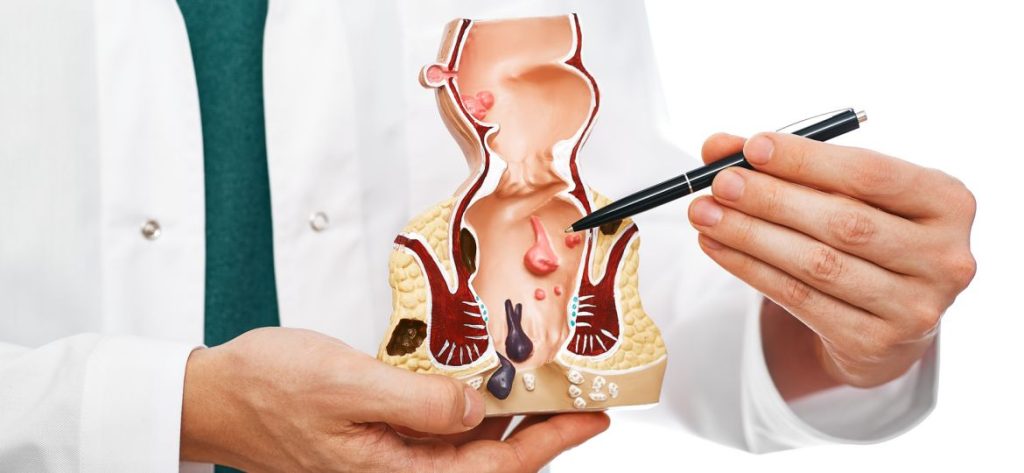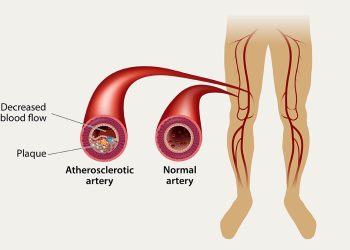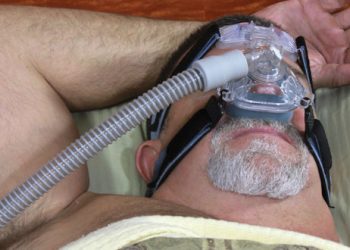Colorectal cancer is a silent yet deadly disease that often goes undetected until it’s too late. Misconceptions about screenings prevent many people from undergoing potentially life-saving examinations. Bayhealth Gastroenterologist Muhammad Hanafi, MD, shares key insights to debunk common myths and highlights the importance of early detection.

Understanding Colorectal Cancer
Colorectal cancer is a type of cancer that starts in the colon or rectum. It often develops from precancerous polyps that gradually become malignant. Regular screenings can help detect and remove these polyps before they pose a serious risk.
Why Early Screening is Crucial
Screening helps identify colorectal cancer in its early stages, significantly improving the chances of successful treatment. By catching the disease early, patients can avoid invasive treatments and increase survival rates.
Common Myths About Colorectal Cancer Screening Debunked
Myth 1: “I Don’t Have Symptoms, So I Don’t Need a Colonoscopy.”
One of the most dangerous misconceptions is believing that no symptoms mean no risk. Colorectal cancer often develops silently without noticeable signs. By the time symptoms like abdominal pain, rectal bleeding, or unexplained weight loss appear, the disease may have progressed beyond early stages.
Fact: Screening is designed to detect colorectal cancer before symptoms appear. A colonoscopy can identify polyps that may turn cancerous if left untreated. Dr. Hanafi emphasizes, “If you have symptoms, it likely means we are past the stage of prevention.”
Myth 2: “Colonoscopy Preparation is Awful.”
Many patients avoid colonoscopies due to fear of the preparation process. While traditional preparation methods were challenging, advances have made the process simpler and more manageable.
Fact: Modern preparation methods offer improved options such as tablets or less unpleasant liquids. “If you’re well prepared, you’re benefiting yourself,” says Dr. Hanafi. Ensuring your colon is clean enhances the procedure’s accuracy, allowing doctors to detect even the smallest polyps.
Myth 3: “A Colonoscopy is Painful.”
Many believe a colonoscopy is painful, leading to hesitation about the procedure.
Fact: A colonoscopy is performed under sedation, ensuring patients feel no discomfort. The use of water immersion instead of air makes the procedure gentler than before. Most patients wake up feeling comfortable and can resume eating and drinking shortly after.
Myth 4: “I Am Not at Risk for Colorectal Cancer.”
People often underestimate their risk if they have no family history or obvious symptoms.
Fact: While those with a family history of colorectal cancer face increased risk, average-risk individuals should still begin screening at age 45. Dr. Hanafi advises individuals with a family history to undergo screenings 10 years before the age at which their relative was diagnosed. For instance, if your father was diagnosed at 52, you should start screening at 42.
Myth 5: “A Colonoscopy is the Only Way to Screen for Colorectal Cancer.”
While colonoscopy remains the gold standard for high-risk individuals, alternative screening methods are available for those at average risk.
Fact: Tests like Cologuard, a non-invasive stool-based test, can detect abnormal DNA or blood in the stool. While not as comprehensive as a colonoscopy, this option provides a viable alternative for patients without significant risk factors.
The Importance of Lifestyle in Colorectal Cancer Prevention
In addition to screenings, lifestyle changes play a crucial role in reducing colorectal cancer risk.
Key Prevention Tips:
- Maintain a Balanced Diet: Focus on fiber-rich foods like fruits, vegetables, and whole grains while minimizing processed foods and red meat.
- Exercise Regularly: Aim for at least 30 minutes of moderate physical activity most days of the week.
- Limit Alcohol and Avoid Smoking: Reducing alcohol consumption and quitting smoking can significantly lower your risk.
When to Start Colorectal Cancer Screenings
The recommended age for colorectal cancer screening is 45 for average-risk individuals. However, those with a family history should begin screening earlier, typically a decade before their relative’s diagnosis.
Screening Frequency Recommendations:
- Colonoscopy: Every 10 years for average-risk individuals.
- Stool-Based Tests (e.g., Cologuard): Every 1-3 years.
- CT Colonography: Every 5 years for those who prefer non-invasive methods.
Choosing the Right Screening Option for You
Discussing your medical history and risk factors with your primary care physician is crucial in selecting the appropriate screening method. While colonoscopies offer comprehensive results, stool-based tests may be a convenient alternative for certain individuals.
Frequently Asked Questions:
1. What are the early signs of colorectal cancer?
Early signs can include rectal bleeding, changes in bowel habits, abdominal discomfort, and unexplained weight loss. However, colorectal cancer can often develop without noticeable symptoms, making screenings essential.
2. At what age should I start colorectal cancer screenings?
For average-risk individuals, screening should start at age 45. Those with a family history of colorectal cancer should begin screening 10 years before their relative’s diagnosis age.
3. Is a colonoscopy the only screening option?
No, alternative options such as Cologuard (a stool-based test) and CT colonography are available for those at average risk.
4. How can I prepare for a colonoscopy?
Preparation typically involves a clear liquid diet and laxatives. Modern preparation methods have improved significantly, making the process easier and more manageable.
5. Are there lifestyle changes that can reduce colorectal cancer risk?
Yes, maintaining a healthy diet, exercising regularly, reducing alcohol intake, and quitting smoking can significantly lower your risk.









